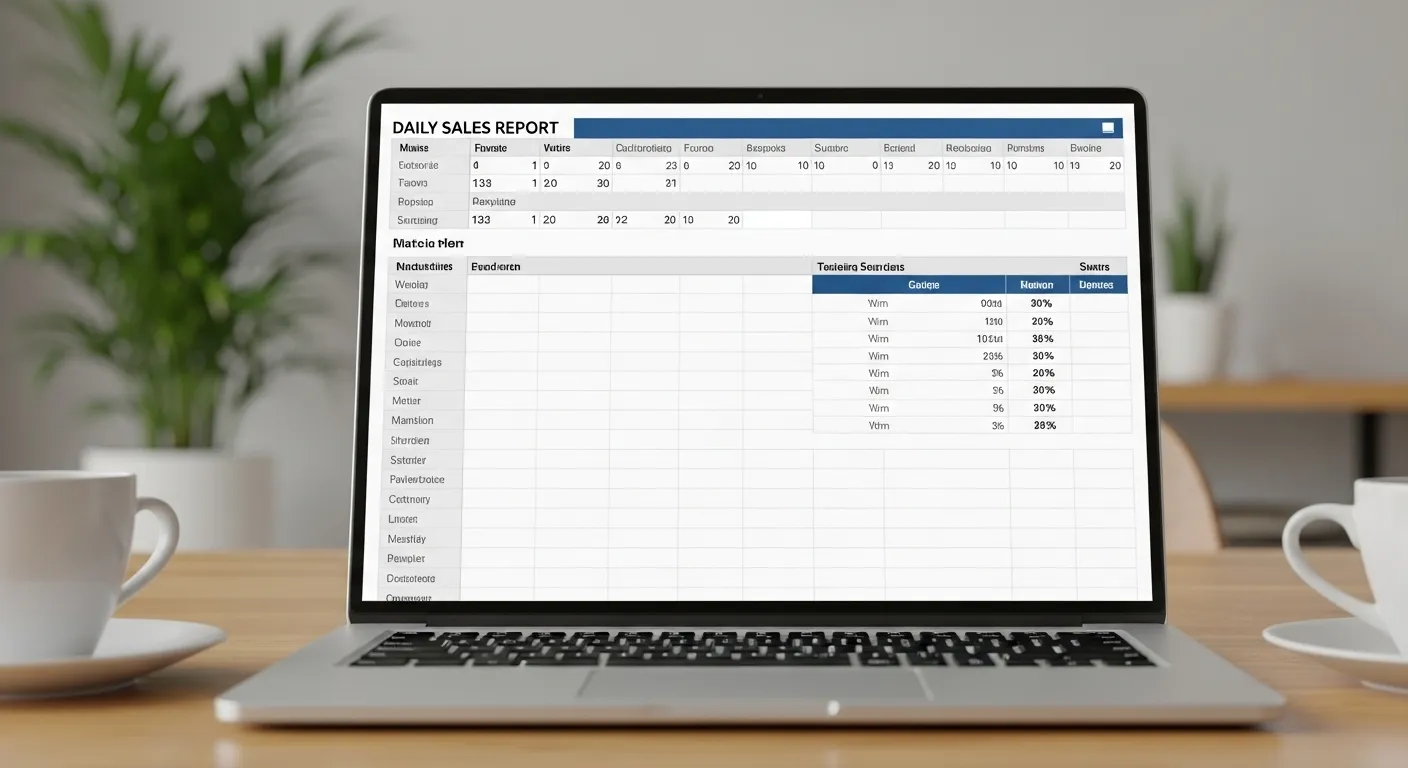How to leverage sales intelligence in your team process?
%20(1).jpg)
Your Call Data in One Place
AI call notes, real-time coaching, conversation intelligence, CRM integration, and more...
B2B sales practices have changed dramatically in recent years.
Besides dismissing pushy sales reps, more than 70% of B2B professionals are expressing a desire for a more digitalized and self-serving sales experience.
This means that sales reps need to better choose their communication channel, adapt to remote selling and personalize more their approach.
To face these challenges as a sales manager, you might leverage customer data to enable a continuous and global view of the sales funnel. In other words, you might invest in sales intelligence for your team!
Here's how to make your sales processes more adaptable and intelligent.
What is sales intelligence?
You might have noticed the flurry of sales intelligence tools that have emerged on the market recently. These new sales technologies are helping sales teams better manage their sales pipeline and predict their revenue streams.
Yet, sales intelligence is not only about anymore. It encompasses today a broader and more ambitious strategic vision.
Generally speaking, sales intelligence involves leveraging data to put customers at the center of the sales process.
This data allows your reps to streamline and personalize their approach to potential buyers and existing customers. They can access a 360° view of all customer information and interactions.
This helps them gain productivity in tasks like :
- Generating qualified leads.
- Defining and targeting ICP (ideal customer profile).
- Finding the right lead information.
- Customizing the first message.
- Creating a real conversation with the prospect
- Facilitating the closing and signing process.
- Predicting new market opportunities or churn.
In other words, sales intelligence helps your reps leverage the full potential of customer data.
What are sales intelligence tools?
Sales intelligence is more than a vision, it translates into your tools and technologies of choice. To activate sales intelligence in your team, you can use :
- Intelligent scraping tools to find the right contact information.
- Lead generation solutions to access well-targeted leads.
- Lead nurturing to feed your prospects with personalized content.
- Intelligent CRM to collect, share and activate data.
- Revenue intelligence software to identify new markets and business opportunities, and anticipate revenue changes.
- Behavioral analytics to optimize your salespeople's actions.
How to integrate sales intelligence into your sales processes?
Putting data at the service of your sales processes cannot be done overnight. It requires you to rethink your work organization, train your team on new practices, and integrate your various technical infrastructures.
Here are 5 steps to bring more intelligence to your sales teams:
#1 Defining ambitious and measurable goals
Any business change plan requires a clear vision. To get your management on your side, you can mention these ambitious goals achieved through sales intelligence:
- Improve your customer knowledge and better define your ideal customer profile.
- Ensure more pipes and business opportunities.
- Maximize the performance of your sales representatives' prospecting actions.
- Optimize and anticipate revenue streams.
To ensure the achievement of these objectives, you can then rely on related KPIs.
For example : number of new opportunities, sales qualified leads, lead-to-deal conversion rate, average selling price, retention and churn rate, customer acquisition cost...
Tracking these numbers will allow you to measure the effectiveness of changes made to your sales processes.
#2 Choosing the right tools
Sales intelligence is cultivated through the use of well-chosen tools. And for good reason, many sales intelligence tools have appeared on the market in recent years.
As described above, you can choose among a variety of tools like lead generation, revenue intelligence, and behavioral analytics.
To help you make a decision, you can ask yourself the following questions :
- Will this tool help my team achieve its goals?
- Does it integrate well with my existing stack?
- What data does the tool extract and does my team already collect it?
- Does the cost of the tool match the additional revenue generated?
#3 Unifying data and ensuring its collection
As sales tools proliferate, data becomes scattered across multiple technical infrastructures. To unlock the potential of data in your sales organization, you can:
- Connect your various sales solutions together through APIs, and integrate all your data in your CRM.
- Sort your CRM data into exhaustive customer profiles and forms (name, company size, budget, ideal profile...).
- Automatically transcribe your meetings and customer calls, and share the meeting minutes in your CRM.
- Training your sales reps in the best data collection practices.
#4 Putting customers at the center of your actions
Now that you have the data, it's up to you and your team to activate it in your sales actions. It's all about using data to put your customer at the center of all your concerns. To this end, you can:
- Find and target high-potential prospect lists.
- Personalize prospecting campaigns (channel, timing, and message).
- Nurture prospects with content customized to their needs throughout the sales cycle.
- Prepare for prospects' pain points and issues thanks to collected data.
- Address unsatisfied or at-risk accounts proactively.
#5 Coaching your teams individually
You might as well make your sales rep benefit from this new flow of intelligence.
With such sales intelligence tools, you can switch from being a manager to being a mentor. By developing your teams' skills rather than overseeing them, you improve talent satisfaction and retention.
This involves :
- Supporting your salespeople as they learn these tools and processes.
- Assigning them to accounts based on their specific sales skills.
- Monitoring the most important deals, and intervening proactively when necessary.
- Planning and feeding the sales tunnel continuously.
- Coaching their real-time behavior in meetings and calls.
Real-time sales intelligence: Noota
As experts in conversation intelligence, we have designed a tool that helps sales managers analyze their sales reps’ in-call behavior. It provides you with several features:
- A transcription and automatic note-taking tool that tracks sales calls and feeds your CRM with customer data.
- Sentiment analysis to measure the performance and interest level of your leads.
- A meeting guide to improve the impact of sales pitches.
- An intelligent assistant that identifies the strengths and weaknesses of your salespeople, and provides behavior recommendations.
With this tool, you’ll access fine-grained data to maximize the performance of your sales reps.
Want to leverage real-time sales intelligence? Try Noota for free.
Your Call Data in One Place
AI call notes, real-time coaching, conversation intelligence, CRM integration, and more...
Related articles

Forget note-taking and
try Noota now
FAQ
In the first case, you can directly activate recording as soon as you join a videoconference.
In the second case, you can add a bot to your videoconference, which will record everything.
Noota also enables you to translate your files into over 30 languages.

.svg)
.svg)
.webp)

.png)


.svg)
